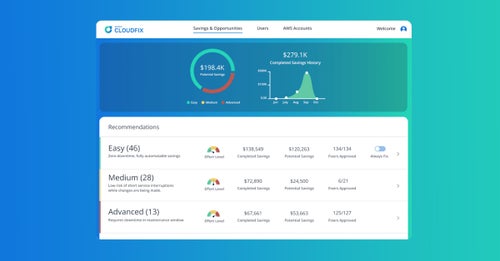Contents
- Understanding AI Vetting for Software Engineers
- The Importance of AI Vetting
- Impact of AI Vetting
AI vetting for software engineers is the process of evaluating AI systems to ensure they meet quality and ethical standards. But what's all the fuss about?
As AI becomes more prevalent in our lives, so does the need for censorship and quality control. Software engineers, with their AI and coding expertise, are perfectly placed to provide it.
This comprehensive guide will demystify AI vetting for software engineers and highlight its significance in the world of tech today – and in your remote team.
Understanding AI Vetting for Software Engineers
1. Definition and Purpose
AI vetting is the systematic evaluation of artificial intelligence systems by software engineers.
The process ensures that the algorithms are technically sound, ethically aligned and free from biases.
With AI increasingly impacting our lives, establishing trust in these systems is key, making AI vetting a vital safeguard.
2. The Vetting Process
This multi-step process involves:
- Code Review: Scrutinizing the AI algorithms for quality and efficiency.
- Ethical Assessment: Ensuring the AI adheres to ethical standards and is free from biases.
- Performance Testing: Evaluating the AI system's performance under various conditions.
- Security Analysis: Checking for potential vulnerabilities in the AI system.
3. Knowledge of Code
Software engineers are like detectives in the digital world, examining AI systems closely.
They require a deep understanding of:
- Machine learning algorithms: How the AI system learns and makes decisions.
- Ethical considerations in AI: Identifying and mitigating potential biases and ensuring responsible AI development.
- Robust testing methodologies: Rigorously evaluating the AI's performance and security.
The Importance of AI Vetting
1. Ensuring Ethical AI
As AI permeates our lives, ethical considerations are paramount. AI vetting helps identify and mitigate bias, promoting fairness and responsible AI development.
2. Security and Reliability
Unvetted AI systems can pose security risks. AI vetting ensures these systems are reliable and secure against potential threats.
3. Enhancing Performance
Through rigorous testing, AI vetting helps optimize the overall performance and efficiency of AI systems.
Impact of AI Vetting
1. Industry Standards
AI vetting is revolutionizing industry standards in software development.
While specific statistics on its current prevalence are hard to quantify, the trend towards integrating AI is undeniable. A Gartner report predicts over 80% of enterprises will have used AI-enabled applications by 2026.
2. Career Opportunities
The demand for software engineers with AI vetting expertise is rising rapidly, with salaries on the rise too.
Applicants are also more interested in AI. A LinkedIn report revealed job posts mentioning AI have seen a 17% leap over the last two years than posts with no AI mention.
Software engineers on your remote team should know how to vet Ai software. Solidifying ethical, secure, and efficient systems now sets a much-needed benchmark for quality AI development in the future.
As advanced tech continues to integrate into various sectors, the role of AI vetting - will become increasingly pivotal. Make sure that your programmers have a firm foundation in how to vet the software packages you create or use in the future.
AI vetting for software engineers is the future of responsible tech development. Is your remote team prepared?















![The Crossover Cognitive Aptitude Test [Official CCAT Guide]](https://assets-us-01.kc-usercontent.com:443/7beb5311-75a4-0049-50f5-8f58fd55aba7/57f22476-19f4-4309-a615-a27b35061cda/CCAT_Guide_Header2.jpg?fm=jpg&auto=format&w=500&h=500&fit=clip)











